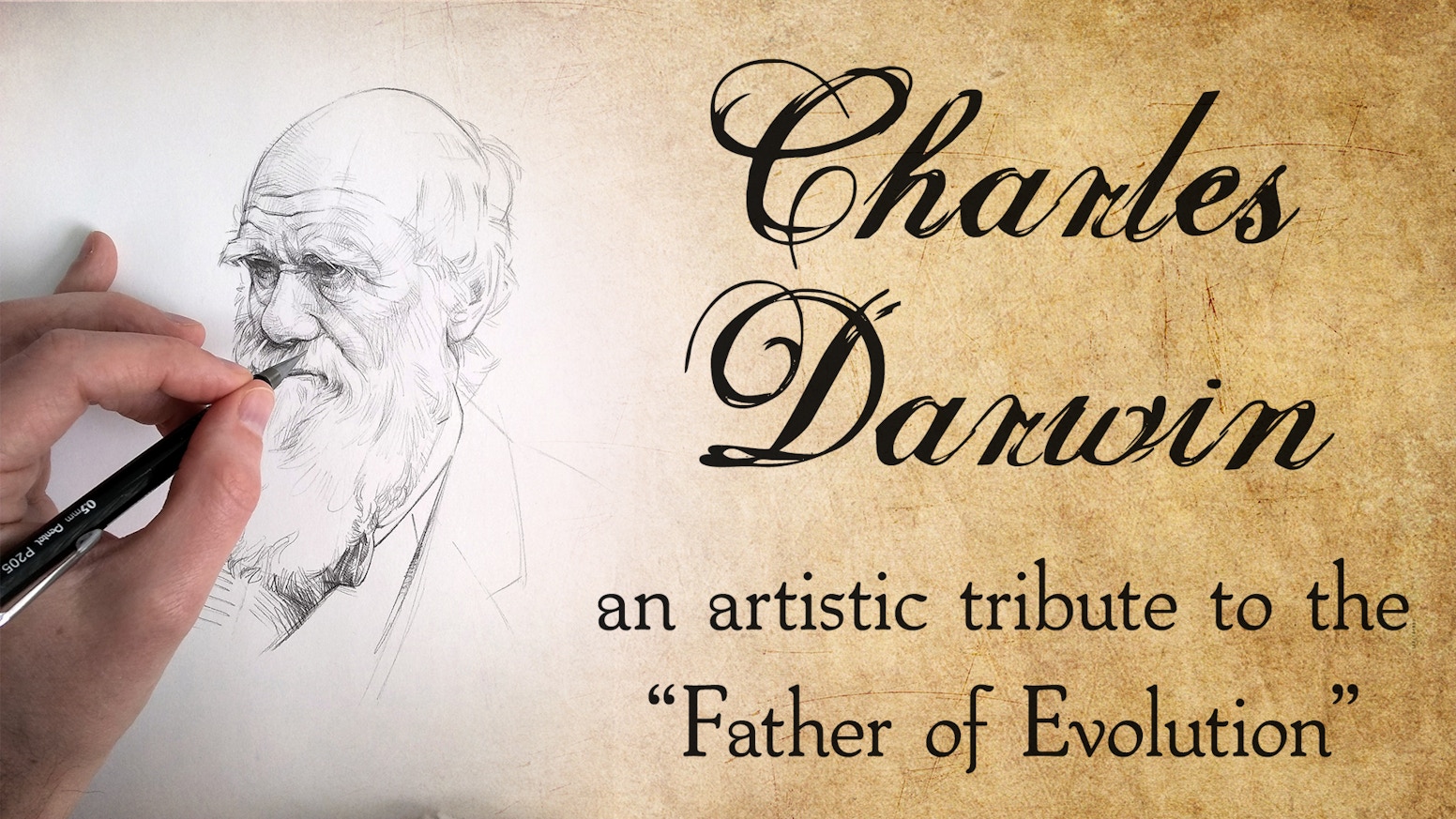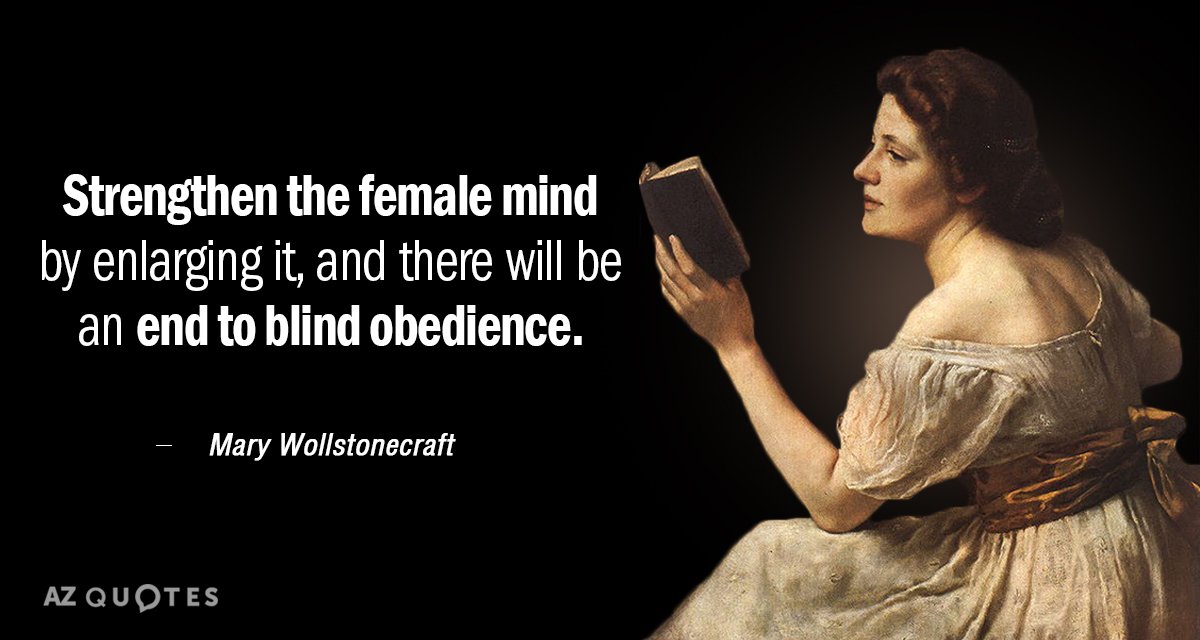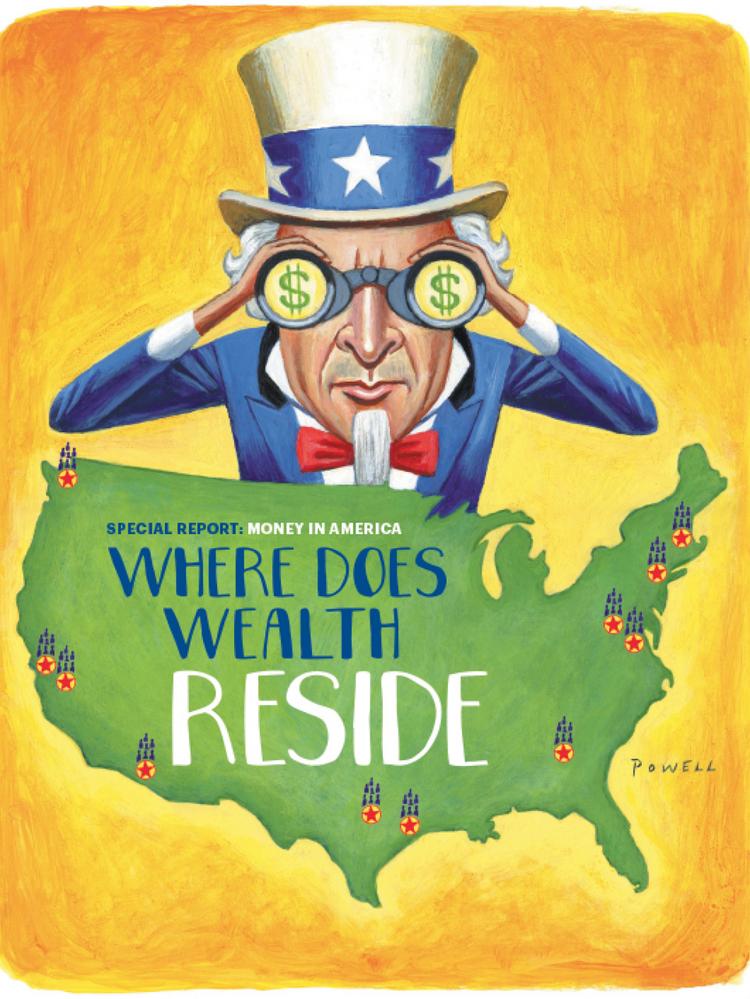
1.) In his writing, Sir Francis Bacon sees idols as misconceptions, a fault, or something to be misleading. He views it at a negative point of view and refers to some idols as troublesome. It sounds to me like we could relate this in our society as negative influences from culture and media. Today, we idolize certain people and things that are not the best examples. This leads to body shaming, eating disorders, substance abuse, and doing things that we think are "cool". I think using the word idol in this sense is fine because we idolize certain things and people whether they are good or bad.
2.) In total there are four classes of idols according to Bacon. The idols of the Tribe I believe show basic human error. We do not see the world for how it truly is and we go off of what others tell us, what we want to believe, what we wish to see, instead of facing reality. The idols of the Cave explain how we ignore the big picture and instead focus on details that are not always relevant. We tend to ignore the things we should be paying attention to. The idols of the Marketplace can be interpreted as gossip. People spread lies, rumors, and untruths that lead to another and another and end up hurting themselves and others. The idols of the Theater explains how we tend to make comments or statements without having proper knowledge or evidence. So many people do this and when they cannot stand to be wrong, they do everything as far as compulsive lying to make it seem like they're right. I think the most severe are the idols of the Marketplace or the Theater. Both can be deceptive and similar in that the truth is hidden and things are being said without the proper knowledge. I think this can hide the real truth because everything being told is a lie.
3.) The idols resulting from social intercourse are the idols of the Marketplace and the Tribe while the idols resulting from individual reflection are those of the Theater and the Cave. If someone were restricted to society, I do not think they could escape the tyranny of the idols. Society plays such heavy role in the idols. That is where many of the misconceptions and misunderstandings come from. I believe that if a hermit were to withdraw from society, we would not be completely free. They would be missing out in the world around them. They would not gain knowledge or receive the fulfillment of human connection.

1.) Survival of the fittest is when only the strong are able to survive. Those who are weak and cannot adapt to a new environment or circumstance won't make it because they provide no use. An example is how deer mice who migrate to Nebraska change their fur and color from dark to light or vice versa to blend in and avoid being hunted by predators.
2.) Natural selection is a more natural process that allows the offspring to have a better chance at survival when it is grown. Selective breeding occurs when you pick the traits and characteristics you want to be passed down to the offspring. Selective breeding is more directed since you directly choose the traits while natural selection is a more spontaneous process and dominated by chance. I think natural selection is more important and beneficial because the offspring have a far better chance at survival.
3.) I think cloning can be beneficial if Darwin found an offspring that inherited the best suitable traits for its environment and then it could be cloned. However, it undoes the natural part of the selection which Darwin might not agree to.
4.) Darwin believed the human social policy was cruel and unjust because it led to imperialism. Certain people benefit and some don't, and those who don't have to adapt to a poor environment but this takes away from survival of the fittest. I would not say the current day medicine and social welfare agencies are causing humans to be less fit because ultimately, taking those medicines is human choice. While I do not think we take the time to see the effects of medicine and what is contained in them, I believe some medicine is beneficial however I prefer more natural remedies not including artificial tablets.









